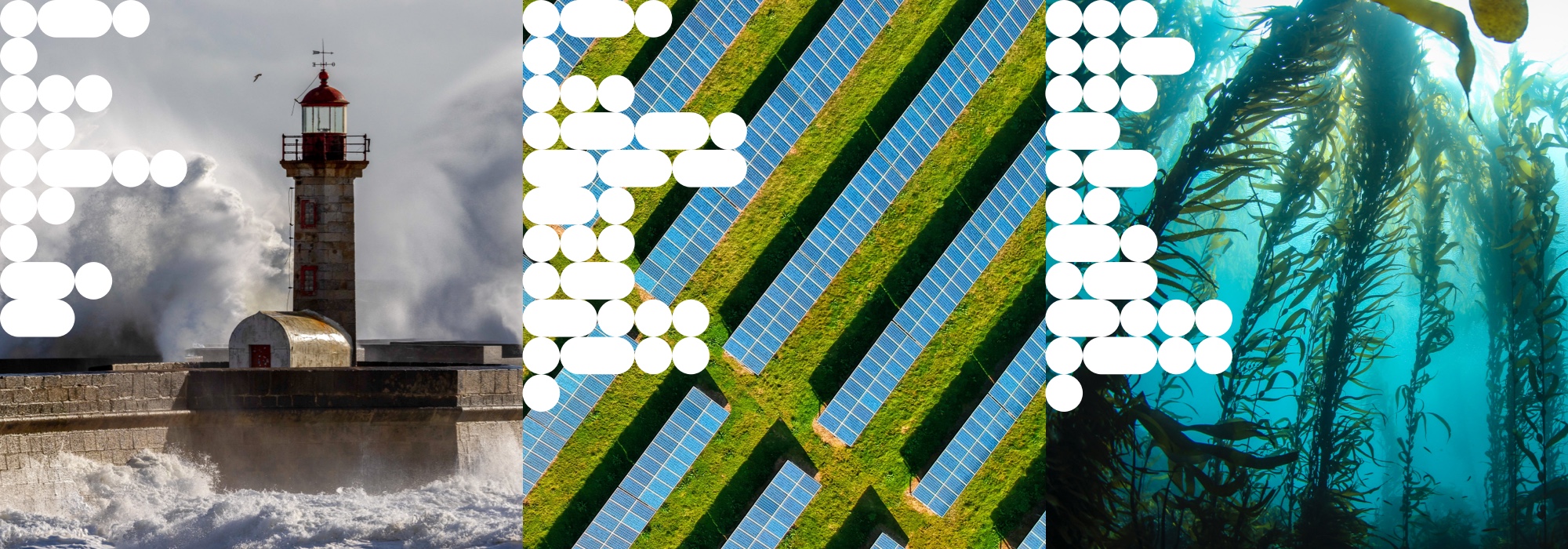A more sustainable economy? Make way for challengers!
Climate change, the opportunity gap and a global pandemic - our world is facing major challenges. We desperately need a sustainable and stable economy argues Mark Sanders, professor of International Economics at Maastricht University. But how will we get there? Sanders argues that what we need most, is an entrepreneurial mindset: people and organisations that challenge the status quo. On Monday, October 25, he will share his vision during his inaugural lecture ‘Enter the prince of Denmark; Entrepreneurship for a resilient and sustainable economy.’
“It is actually very simple,” Sanders starts. “Without a sustainable economy, we’re not going to make it. The present is a very unique time in history, because we’re literally reaching the limits of our planet – and we can only destroy it once. If we want to ensure more biodiversity and a stable climate, we’ll have to commit to a more sustainable world. A sustainable economy is part of that.”
But how will we create such a sustainable economy? Sanders has a very clear vision. “I don’t think the government will be our knight in shining armour. Because they need to justify their spending to taxpayers, there is little room for experimentation.”
That’s why, in his inaugural lecture, he argues for more entrepreneurship as a way to achieve a more sustainable economy. “By that, I mean a specific way of organising and acting: entrepreneurial behaviour. When running into a challenge, you keep your chin up, try to learn from your mistakes, and take action to overcome these challenges. That is the essence of innovation and resilience.” And that is exactly what we need to combat climate change, according to Sanders.
Improved access to funds, knowledge, and the labour market
So, we’ll need people with new ideas, who challenge the status quo. “We need parties who are bold enough to experiment and want to take risks. As we’ve seen during previous crises, people can come up with extraordinary ideas, and I’m sure that we can do it again. Because these people and ideas exist. The biggest challenge lies in facilitating their entrepreneurship: we need better access to funds, knowledge, and the labour market.”

Mark Sanders is a professor of International Economics at Maastricht University. He has been a member of Sustainable Finance Lab since 2011, a multidisciplinary group of Dutch scientists, policy makers and bankers that tries to develop practical ideas for making the financial sector more sustainable and mobilise funds to help the economy make the transition to a more sustainable world.

In his inaugural lecture, Sanders provides examples of how exactly we can better facilitate entrepreneurship. “What if the market stopped focusing solely on debt financing and outside capital? There’s a lot you can finance using that model, but new, innovative projects aren’t included. Challengers of the status quo need easier access to equity by, for example, ensuring that debt isn’t favoured over equity.”
Also read
-
Flour, family, and forward thinking: the evolution of Hinkel Bäckerei
In the heart of Düsseldorf, the comforting aroma of freshly baked bread has drifted through the streets for more than 130 years. Since its founding in 1891, Hinkel Bäckerei has evolved from a small neighborhood bakery into a cherished local institution.
-
The University Fund Limburg's new Annual Fund Campaign is live!
Every year during the holiday season, the UM community comes together to uphold a special tradition: supporting projects that contribute to a healthier, fairer and more sustainable society. Will you join us?
-
A new wave of talent emerges from the School of Business and Economics
On Sunday, November 30, 2025, the Maastricht University School of Business and Economics (SBE) proudly celebrated the achievements of over 1,461 graduates from both bachelor’s and master’s programs. The festive ceremony took place at the MECC Maastricht and marked a significant milestone for the SBE